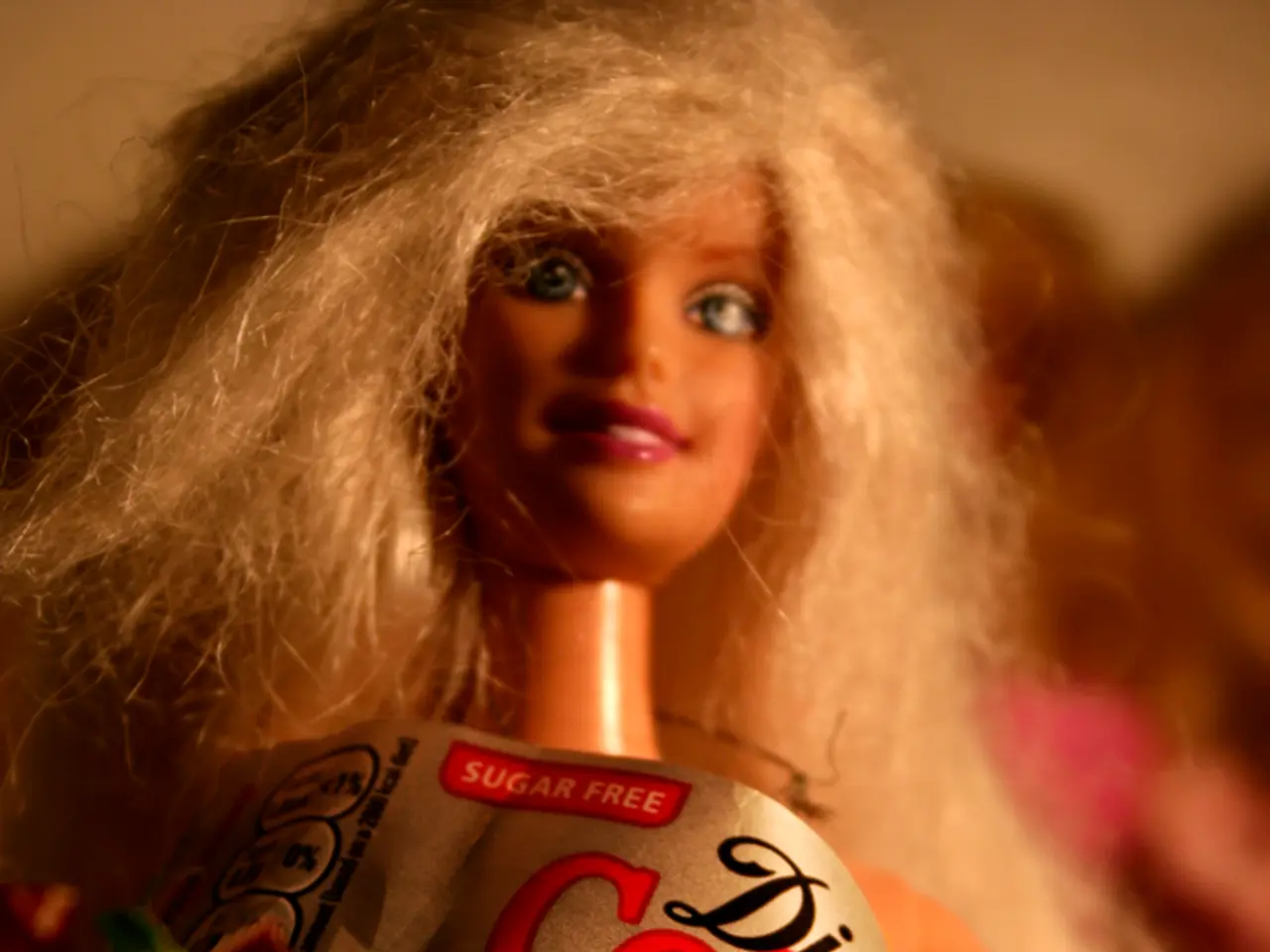It's High Time to Consider Swapping Your Regular Daily Soda Intake
In a growing concern for public health, recent studies have highlighted the potential dangers of drinking soda, both regular and diet, on a daily basis.
**Sugary sodas:** Consuming a 12-ounce soda daily has been linked to an 8% increased risk of type 2 diabetes and a 2% higher risk of ischemic heart disease, according to a recent study. This supports prior evidence linking sugar-sweetened beverages to these diseases.
**Diet sodas:** Although diet sodas have little to no sugar, they contain artificial sweeteners like aspartame and sucralose associated with various health risks. Studies indicate that drinking diet sodas regularly may increase the risk of heart disease, metabolic syndrome, and type 2 diabetes. For example, one study found a 70% increase in diabetes risk among those who consumed at least one diet soda per week compared to non-drinkers, possibly due to artificial sweeteners promoting insulin resistance.
**Overall health effect:** Both sugary and diet sodas are considered ultra-processed foods and potentially harmful when consumed regularly. While sugary sodas raise risks through added sugar and calories, diet sodas may negatively affect metabolism and insulin regulation despite low sugar content. Reducing consumption of both types is advised for better health outcomes, especially regarding heart disease, diabetes, and metabolic syndrome.
It's important to note that the risks associated with diet soda consumption appear to be higher in heavy users, according to Integrative Medicine Physician Irina Todorov, MD.
In an effort to reduce soda consumption, alternatives such as water flavoured with fruits like cucumber, kiwi, or strawberry, or the use of sparkling water to mimic the bubbles from your favourite soda, can be beneficial. Additionally, black coffee, green or black tea, or chamomile, valerian, or lemon balm tea can be alternatives to soda. For those struggling to quit sweetened beverages suddenly, tapering off gradually can be a helpful strategy. For example, switching from a 20-ounce bottle of soda to a 12-ounce bottle, or reducing the number of sodas consumed per day.
With around 1 in 10 adults having type 2 diabetes and 1 in 3 having prediabetes, it's crucial to be aware of the potential risks associated with soda consumption. Opting for water instead has been shown to improve weight loss and diabetes remission rates.
References: [1] American Heart Association. (n.d.). Sugar-sweetened drinks and heart disease. Retrieved from https://www.heart.org/en/healthy-living/healthy-eating/eat-smart/sugar/sugar-sweetened-drinks-and-heart-disease [2] American Heart Association. (n.d.). Artificially sweetened drinks and heart disease. Retrieved from https://www.heart.org/en/healthy-living/healthy-eating/eat-smart/sugar/artificially-sweetened-drinks-and-heart-disease [3] American Diabetes Association. (n.d.). Artificial sweeteners and diabetes. Retrieved from https://www.diabetes.org/healthy-living/nutrition/focus-on-food/food-and-fitness-blog/2017/june/artificial-sweeteners-and-diabetes [4] American Diabetes Association. (n.d.). Diet soda and diabetes. Retrieved from https://www.diabetes.org/healthy-living/nutrition/focus-on-food/food-and-fitness-blog/2017/june/diet-soda-and-diabetes
- Incorporating more water into your lifestyle, flavored with fruits like cucumber, kiwi, or strawberry, can be a healthier alternative to soda, as suggested by the benefits of improved weight loss and diabetes remission rates.
- Adopting a balanced 'health-and-wellness' approach that includes 'nutrition' and 'fitness-and-exercise' is crucial for mitigating the potential risks associated with soda consumption, especially for those with concerns about heart disease, diabetes, and metabolic syndrome.
- The science of nutrition reveals that both sugary and diet sodas belong to the category of ultra-processed foods, which, when consumed excessively, can negatively impact long-term health, including the development of type 2 diabetes and cardiovascular diseases.
- As part of your overall 'lifestyle' change, opting for healthier beverage choices such as black coffee, green or black tea, or herbal teas like chamomile, valerian, or lemon balm can help reduce soda consumption and contribute to better 'health' outcomes.




